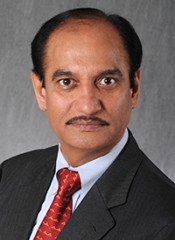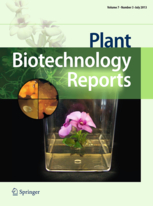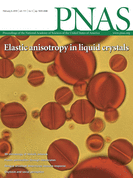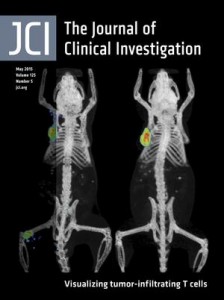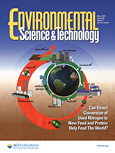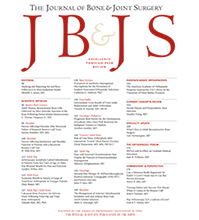 The Journal of Bone and Joint Surgery has retracted a 2012 paper because of ethical violations, initially flagged by the journal in 2013.
The Journal of Bone and Joint Surgery has retracted a 2012 paper because of ethical violations, initially flagged by the journal in 2013.
The study, which examined the use of autologous cell therapy in treating Achilles tendinosis, claimed in its abstract to have “conducted a randomized, double-blind study on forty Achilles tendons in thirty-two patients.” Apparently, though, it wasn’t actually a clinical trial but was somehow, according to the retraction notice, “misclassified” as such “in error.”
The problem was originally flagged by the UK’s Medicines and Healthcare products Regulatory Agency, which wrote the journal to tell them that it hadn’t granted ethical approval for the study, as we reported in 2013. At the time, there was a question about whether the lead author had retained records of the results, which is addressed in the retraction notice, signed by editor-in-chief Marc F. Swiontkowski and editor-in-Chief Emeritus Vernon T. Tolo: Continue reading Clinical trial of Achilles tendon therapy retracted for not actually being a clinical trial

